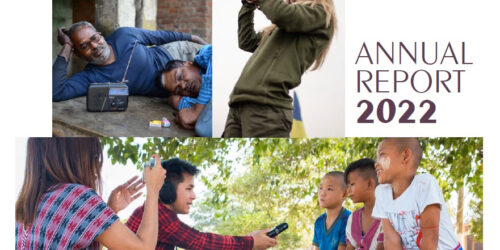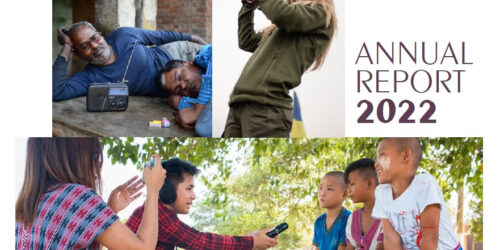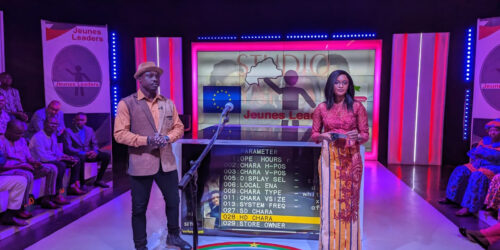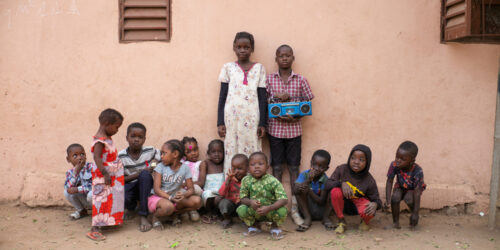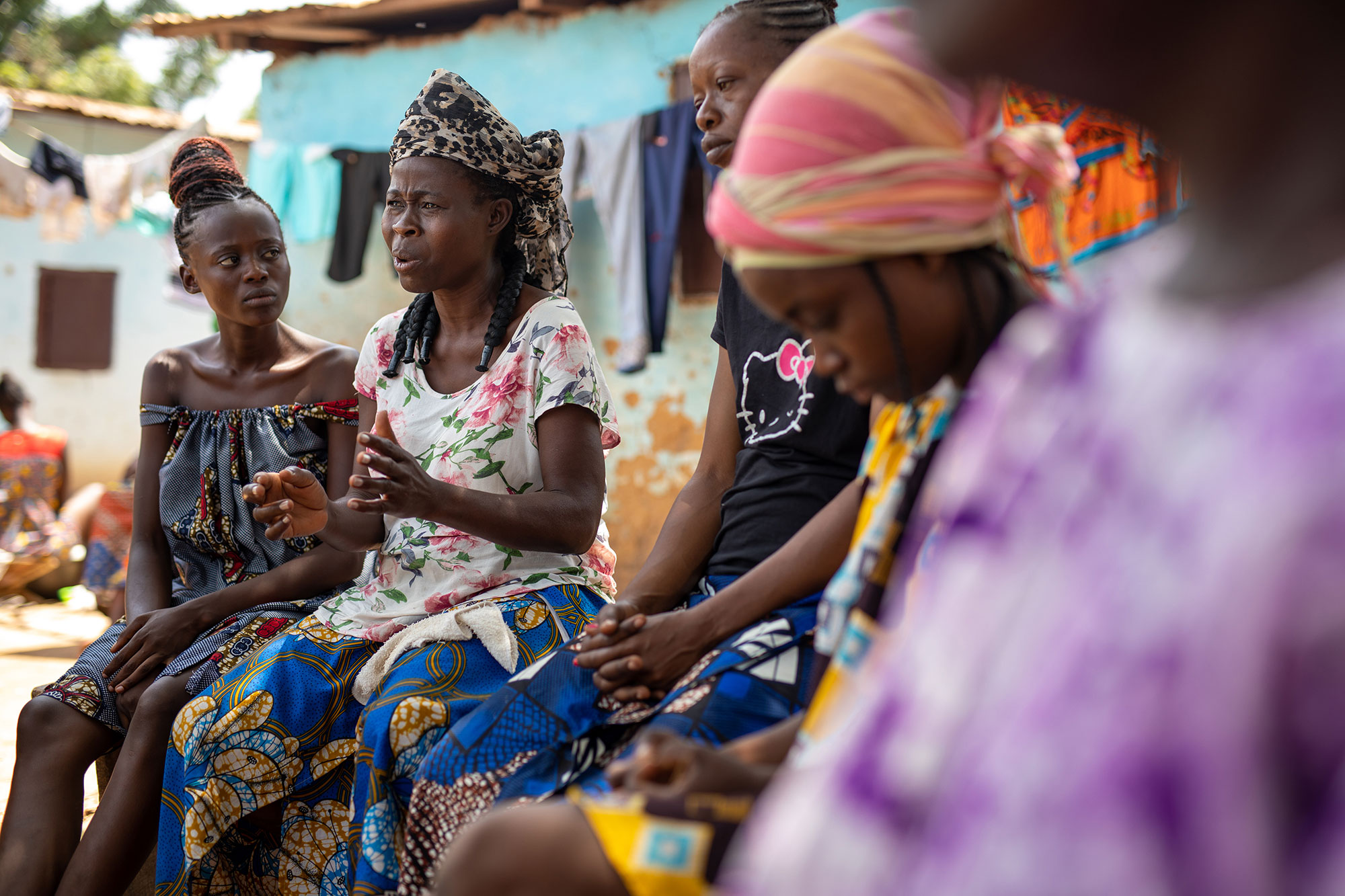Inclusion in public discourse encourages participation. Public service media must not only create useful journalism, but also ensure that dialogue and debate programmes are inclusive.
Fondation Hirondelle develops and supports media outlets that promote the inclusion of all components of political and social life. Our projects encourage public participation in public discourse, create spaces for individuals to express themselves, and encourage common efforts to find consensual solutions to problems.
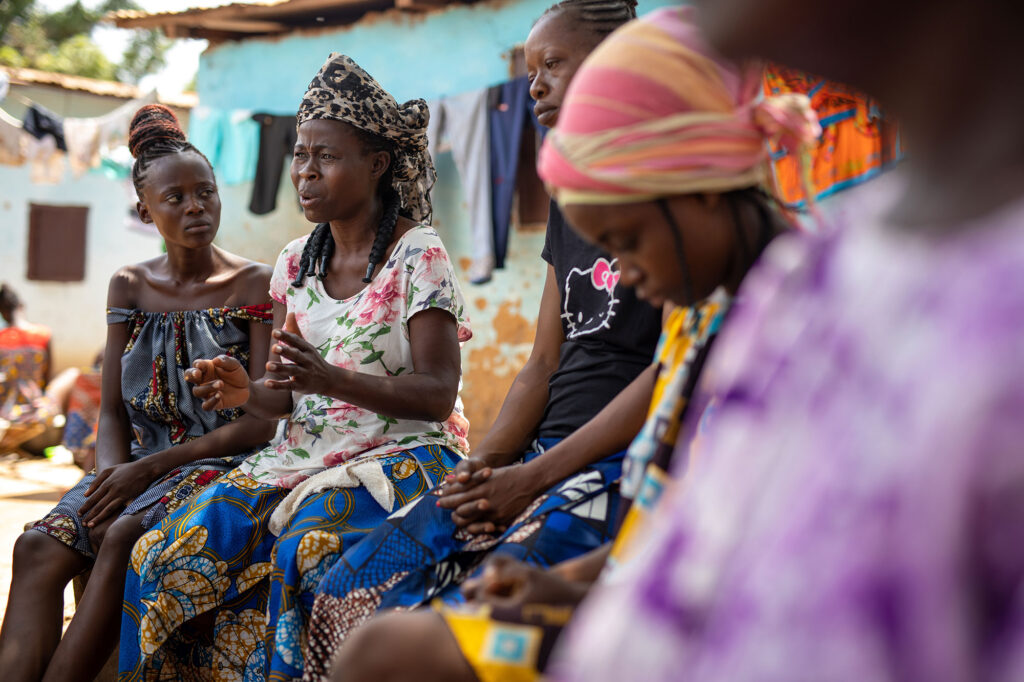
Fondation Hirondelle uses its media outlets and journalism and technical skills to reduce obstacles to women and young people’s voices being included not only in political discussions and peace processes, but in debate on all issues affecting public and daily life. Our projects give a voice to populations often excluded from the media because of their social status, language, rural location or vulnerability. Regarding gender, our focus is not on addressing an exclusively feminine audience, but rather on involving all segments of the population in addressing gender issues. We are attentive to the balanced representation of women in our programmes.
Fondation Hirondelle programmes take into account the needs and interests of young audiences. Our media produce interactive programmes for youth, and we create spaces where young people can be heard and participate in public life. Public debates for youth on subjects such as elections give them the opportunity to interact with well-known people, ask questions, and get involved. With the aim of attracting new audiences, we are working with new formats, such as analyses of the elections in Democratic Republic of Congo on TikTok.
Examples of media projects
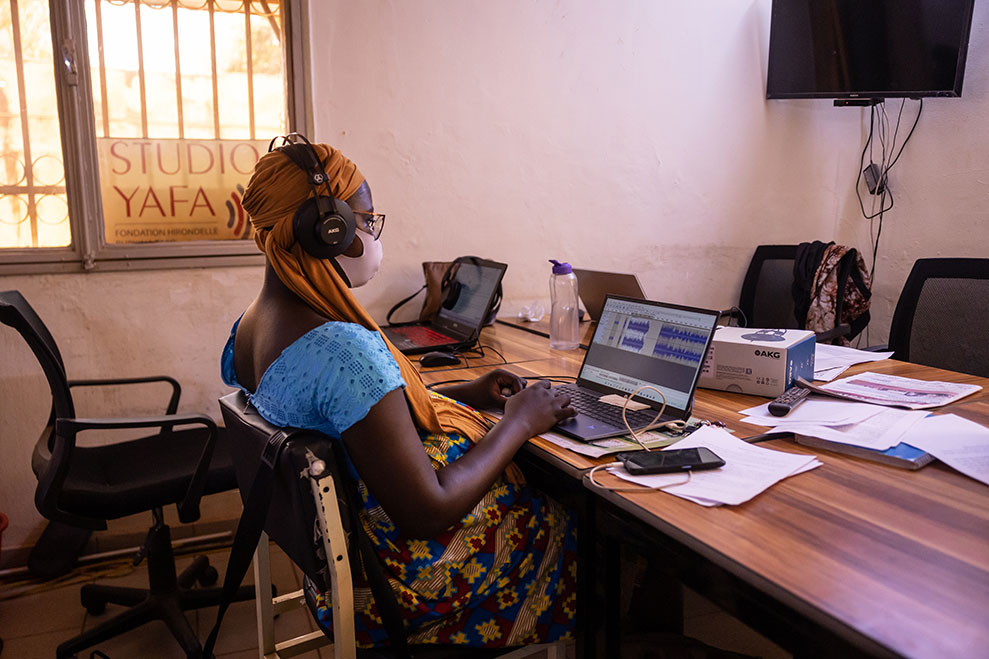
Burkina Faso
Since 2018, Studio Yafa has provided independent and professional news programming as well as opportunities for discussion about the country’s social and political life through multimedia programmes aimed at youth, women and vulnerable people. The station aims to be a feature of daily life for these groups, with series of programmes such as Yafa Celebrates Women, Yafa at School, Yafa in the Fields and notices such as A Little Reminder about Dengue and Measles Shots. Current affairs and discussion programmes are produced in 5 languages: Mooré, Dyula, Fula, Gourmanché and French.
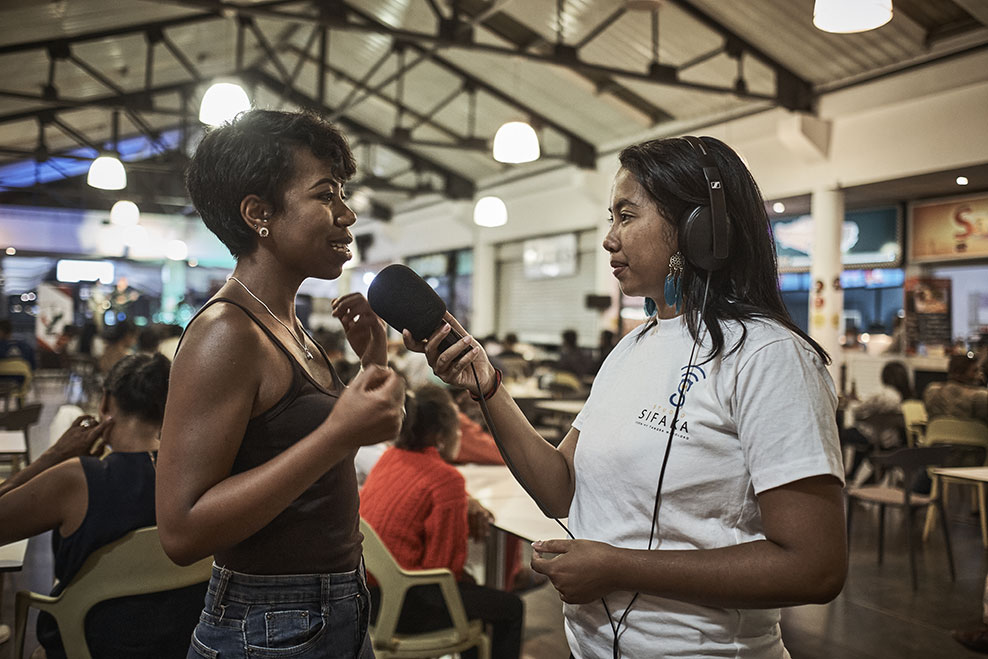
Madagascar
Founded in 2019, Studio Sifaka produces radio and web content aimed at Malagasy youth. It creates 2 hours of daily programming consisting of national and regional news; advice on health, employment, and the environment; discussion; music; and Malagasy culture. These programmes are broadcast by a national network of 50 partner radio stations located throughout the country. Studio Sifaka gives young people a voice in building an inclusive and democratic society.
Learn more about the project
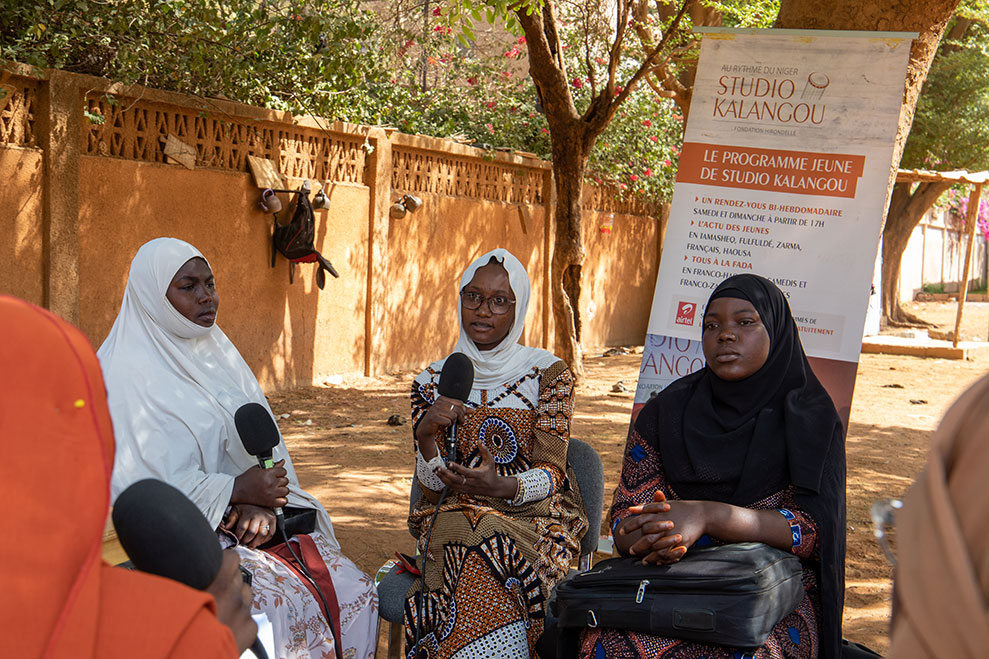
Niger
Each week, Niger’s Studio Kalangou broadcasts a 45-minute programme produced by women, featuring women’s voices and sharing useful advice for daily life. Overseen by professional journalists, the Espace Femmes programme is available in Hausa and in French.
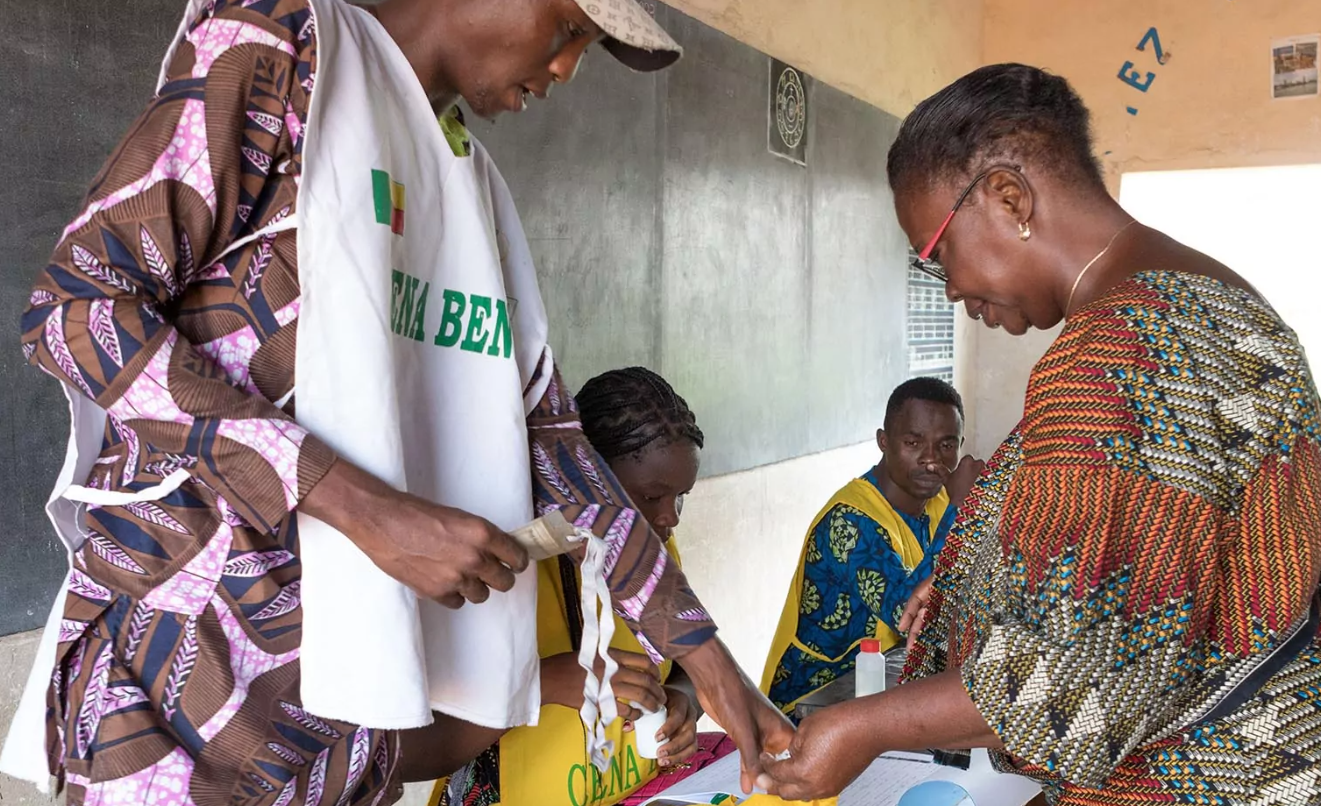
Benin
Fondation Hirondelle’s programme in Benin aims to support the advocacy capabilities of Beninese civil society. As well as strengthening local media, round tables, magazines and public broadcasts are produced, bringing together various stakeholders in the public debate (CSOs, experts, authorities, etc.) and giving a voice to Beninese citizens. More specific training is also given, as required, to the women in FeRCAB’s women’s network and to CSOs, particularly in the use of digital technology, advocacy, communication techniques, local development and gender.
REFERENCE Documents
Gender:
Study of Studio Kalangou’s impact on women’s rights and empowerment in Niger (2019)
Displaced people:
Reaching hard to reach communities using WhatsApp

